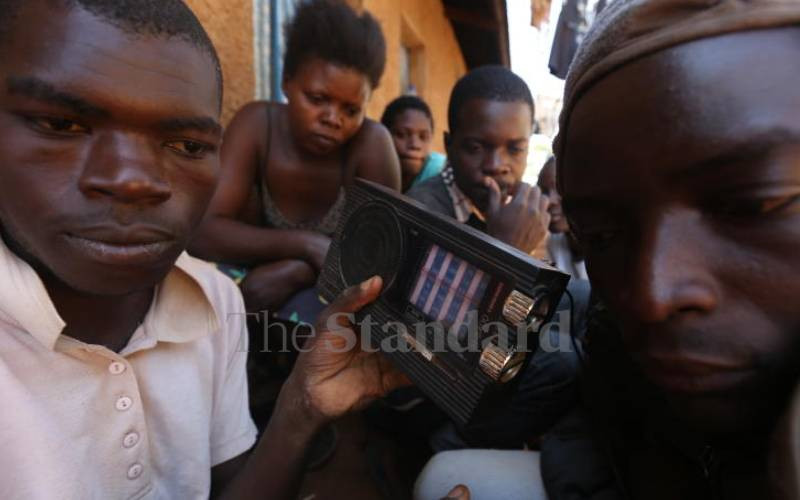×
The Standard e-Paper
Home To Bold Columnists

The supremacy of radio in dissemination of information globally cannot be understated. Kenya has experienced tremendous growth of radio since the liberalisation of the airwaves in the early 1990s.
Kenya's media industry is one of the most vibrant in the region, with 13 public FM radio services, 131 commercial FM broadcasters and 42 community FM broadcasters spread across the country. This growth can be attributed to the trust people have in radio.